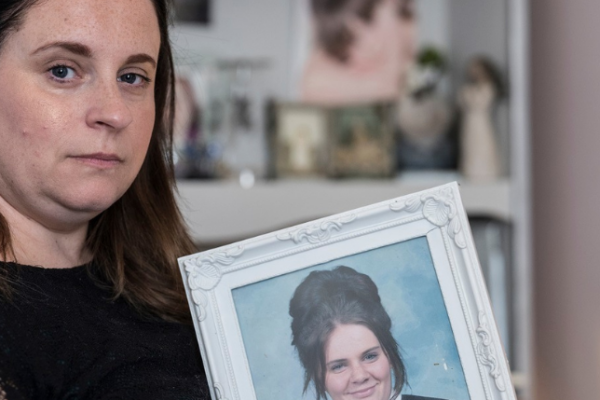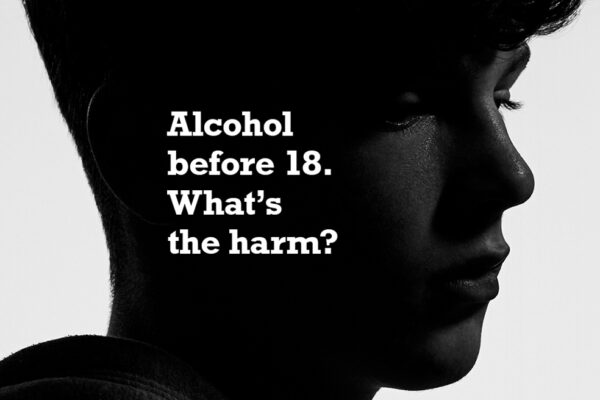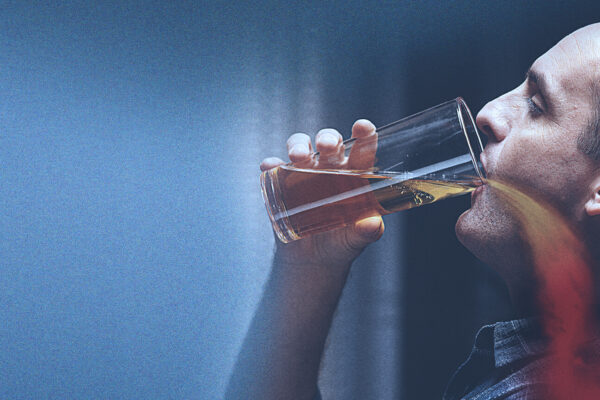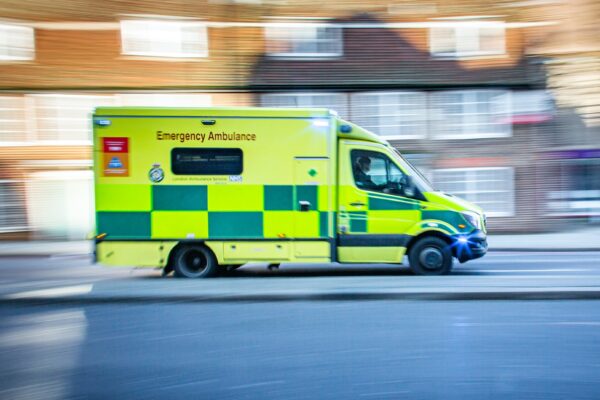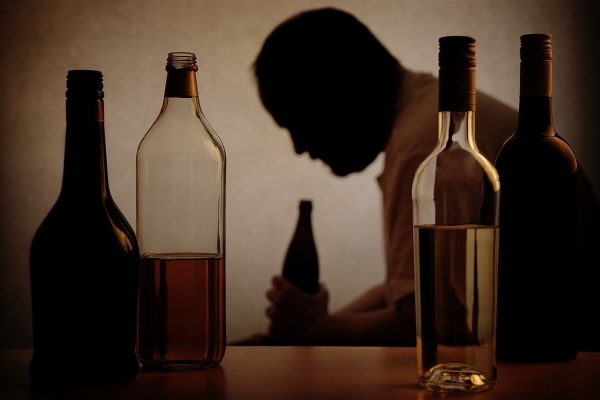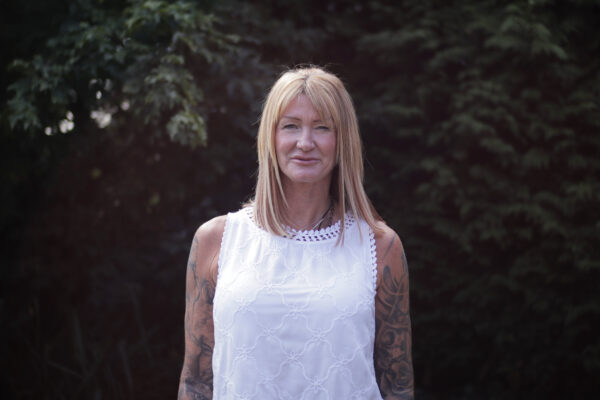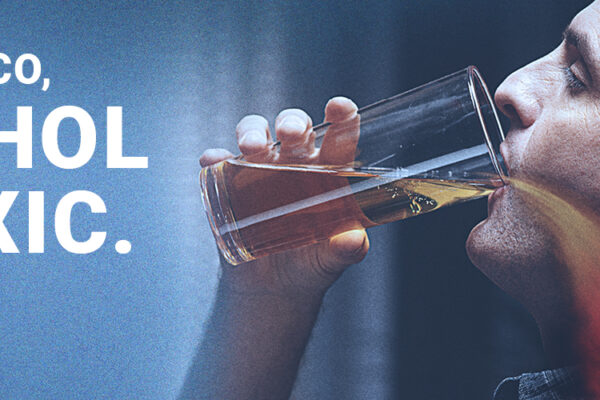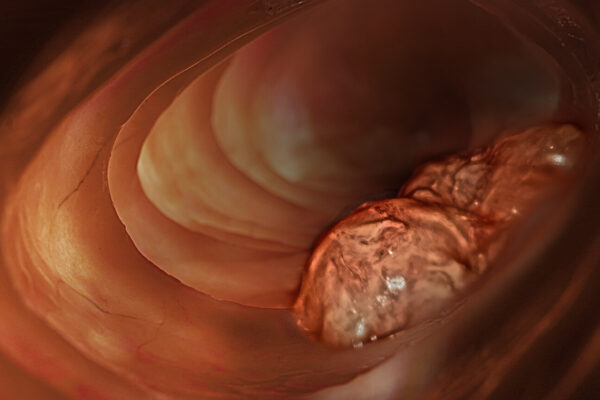Alcohol in the North East
The North East suffers disproportionately from alcohol harm with the highest rates of alcohol-related hospital admissions and alcohol specific deaths in England.
Alcohol harm is costing the North East nearly £1.5 billion a year, research by the Institute of Alcohol Studies (IAS) with Balance has found.
If the cost in terms of ill health, crime and disorder, social care and the economy was passed on, it would equate to £562 per head for every adult and child in the North East, compared to an average national figure of £485 in England.
Post pandemic, we know nearly half of adults in our region (47%) are drinking above recommended low risk guidelines – around 850,000 people and six out of ten men, and more people who drink are bingeing.
What we do
Balance the North East alcohol programme is working to reduce alcohol harms at a population level, to ensure our population is better informed and is calling for effective national action.
We are seeking a societal shift around alcohol use by changing the culture in which alcohol and drinking at levels harmful to health becomes less desirable, less acceptable, less affordable and less accessible. We have learned from the tobacco experience and know there are key lessons from this in terms of how to address alcohol.
The need for action and awareness has never been greater. Balance is delivering a programme of key strands designed to work together to support local colleagues, raise awareness of health risks and encourage people to cut down and to protect children and families from alcohol harm.
Alcohol companies depend on people drinking above the guidelines to maintain current profit levels for shareholders. That means effective action also requires vigilance of alcohol industry activities around promotion, price and availability.
Balance supports local colleagues working in alcohol, runs regular campaigns to highlight the health risks from alcohol as a product and is a core member of the Alcohol Health Alliance campaigning for action on alcohol at national level.
Reducing alcohol harm- a blueprint for national action
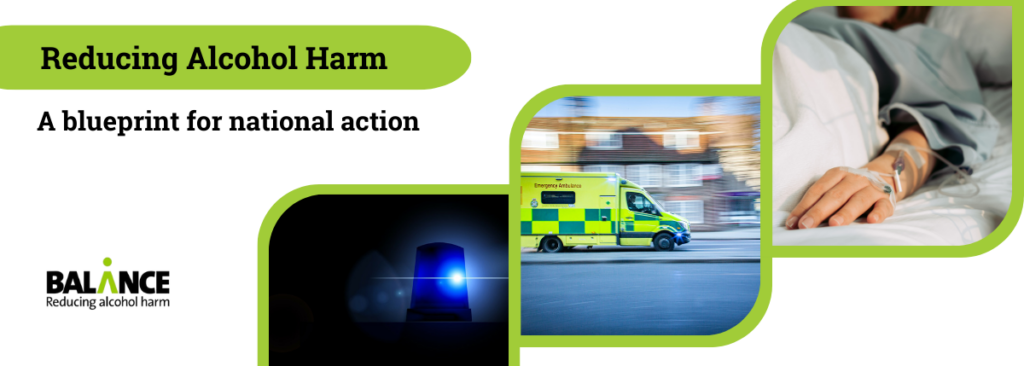
Balance has developed ‘Reducing alcohol harm- a blueprint for national action’ which sets out the scale of alcohol-related harms, alongside the latest evidence base and our vision for change in the future. This document has been initially endorsed by a number of key partners in the region, including:
- The Directors of Public Health for our seven commissioning local authorities: Amanda Healy – County Durham, Alice Wiseman – Gateshead & Newcastle, Wendy Burke – North Tyneside, Gill O’Neill – Northumberland, Tom Hall – South Tyneside, and Gerry Taylor – Sunderland
- Kim McGuinness (Mayor of the North East Combined Authority)
- Dr Neil O’Brien (Chief Medical Officer of the NHS Integrated Care Board for the North East and North Cumbria) and Sam Allen (Chief Executive of the NHS Integrated Care Board for the North East and North Cumbria)
- Joy Allen (Durham Police and Crime Commissioner)
- Susan Dungworth (Northumbria Police and Crime Commissioner)
Alcohol is a driver of major harms in the region and in spite of strong partnership working in the North East, the need for national action has never been greater. Support for evidence-based interventions is extremely high in the North East and beyond – regardless of political affiliation. Taking action on alcohol harms must be a cornerstone of building a safer, stronger, healthier and more economically productive country and as part of a wider drive to combat unhealthy commodities.
How alcohol costs the North East
Alcohol harm to the North East is hitting front line public services and employers with a bill of nearly £1.5 billion a year
Latest news and stories
View all news and storiesLatest campaigns
View all campaignsExplore more Balance pages
What we do
There is no single solution when it comes to addressing alcohol harms. However, learning from tobacco control and the evidence-base around public health, there needs to be a multi-strand approach to alcohol harm reduction.
Reduce your drinking:
If you’re looking for support to reduce or stop drinking visit, reducemyrisk.tv

